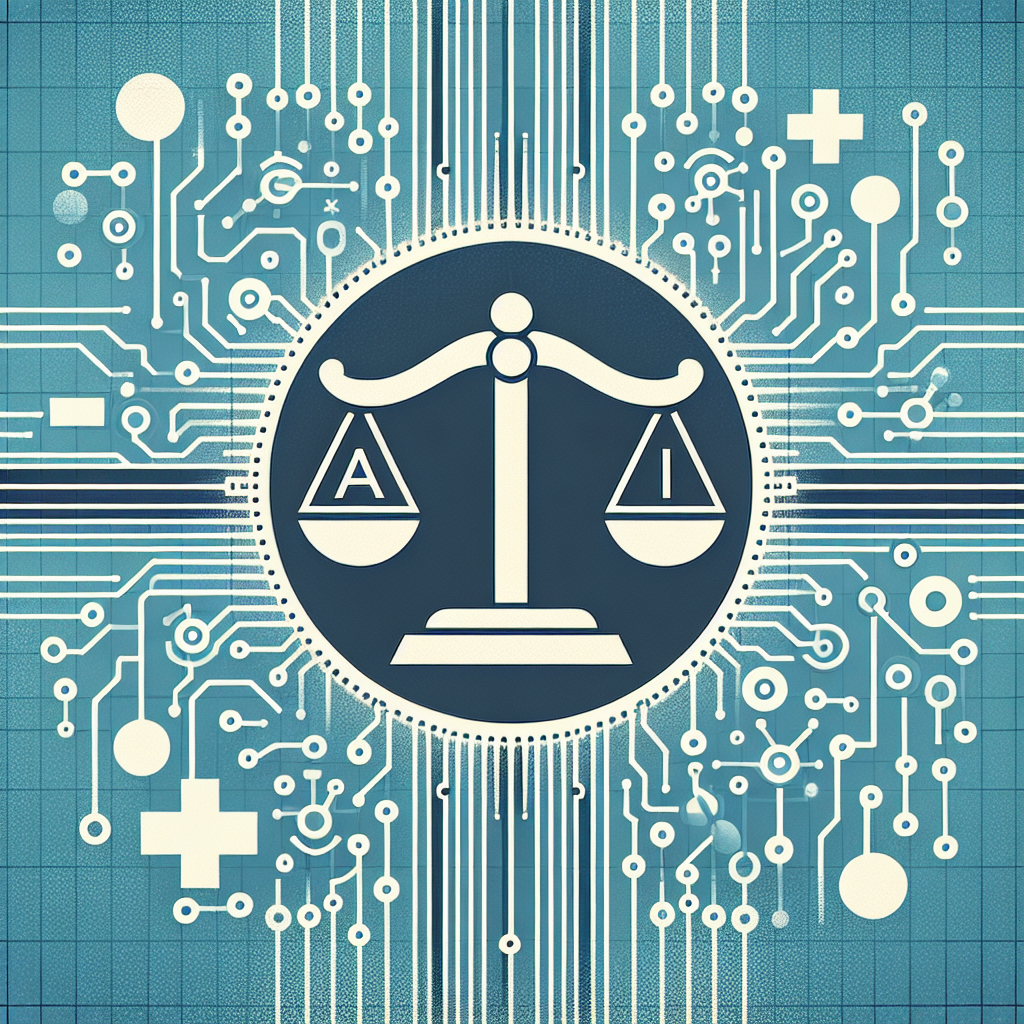In recent years, there has been a significant increase in the use of artificial intelligence (AI) in various industries, including healthcare. Digital therapeutics, which refer to the use of software and digital technologies to treat medical conditions, have also benefited from the advancements in AI. However, as AI continues to play a more prominent role in healthcare, it is essential to ensure that ethical considerations are taken into account to protect patient privacy, safety, and autonomy.
Ethical AI in digital therapeutics refers to the responsible and transparent use of AI technologies in the development and deployment of digital healthcare solutions. This includes ensuring that algorithms are developed and deployed in a way that respects patient autonomy, privacy, and safety. It also involves addressing issues of bias and fairness in AI algorithms, as well as ensuring that patients have access to accurate and reliable information about how their data is being used.
One of the key challenges in ensuring ethical AI in digital therapeutics is the potential for bias in AI algorithms. Bias can occur in AI algorithms when the data used to train the algorithm is not representative of the population it is intended to serve. For example, if a digital therapeutic is developed using data from a predominantly white population, it may not be effective for patients from other racial or ethnic backgrounds.
To address this issue, developers of digital therapeutics must ensure that their algorithms are trained on diverse and representative datasets. This may involve collecting data from a wide range of sources and populations, as well as regularly monitoring and updating algorithms to ensure that they are not perpetuating bias.
Another important consideration in ensuring ethical AI in digital therapeutics is the need for transparency and accountability. Patients should have a clear understanding of how their data is being used, who has access to it, and how decisions are being made based on that data. Developers of digital therapeutics should be transparent about their data practices and provide patients with clear information about how their data is being used and protected.
In addition, developers should also be accountable for the decisions made by their AI algorithms. This may involve implementing mechanisms for patients to challenge decisions made by AI algorithms, as well as regularly auditing and monitoring algorithms to ensure that they are functioning as intended.
Ensuring ethical AI in digital therapeutics also involves protecting patient privacy and confidentiality. Developers must implement robust security measures to protect patient data from unauthorized access or misuse. This may include encrypting data, implementing access controls, and regularly auditing and monitoring data practices to ensure compliance with privacy regulations.
Overall, ensuring ethical AI in digital therapeutics requires a proactive and multidisciplinary approach that takes into account the complex ethical, legal, and social implications of AI in healthcare. By prioritizing patient autonomy, privacy, and safety, developers can create digital therapeutics that are not only effective but also ethically sound.
FAQs:
Q: How can developers ensure that their AI algorithms are not biased?
A: Developers can ensure that their AI algorithms are not biased by using diverse and representative datasets, regularly monitoring and updating algorithms, and implementing mechanisms to address bias when it is identified.
Q: What are some examples of bias in AI algorithms in healthcare?
A: Examples of bias in AI algorithms in healthcare include algorithms that are trained on data from predominantly white populations and are not effective for patients from other racial or ethnic backgrounds, as well as algorithms that perpetuate gender stereotypes in their decision-making processes.
Q: How can patients protect their privacy when using digital therapeutics?
A: Patients can protect their privacy when using digital therapeutics by reading and understanding privacy policies, being cautious about sharing personal information, and using secure passwords and encryption methods to protect their data.
Q: What are some best practices for developers to ensure ethical AI in digital therapeutics?
A: Some best practices for developers to ensure ethical AI in digital therapeutics include using diverse and representative datasets, being transparent about data practices, implementing mechanisms for accountability, and protecting patient privacy and confidentiality.

